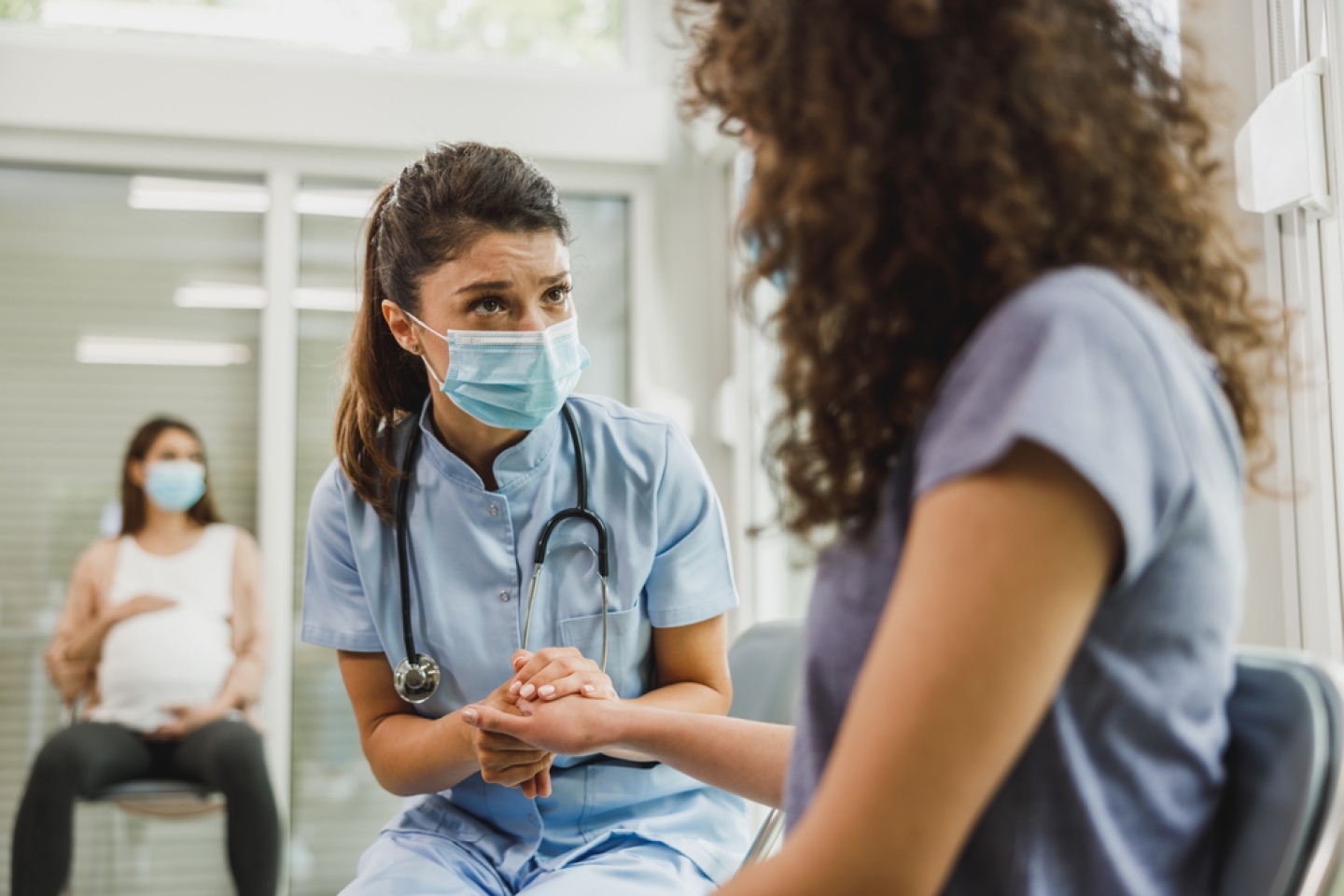
In decades past, most of a gynecologist’s patients tended to be over 21, pregnant, or both. But times have changed, and there’s an emerging need to address reproductive issues in younger women and girls.
“There is no exact age when a girl should come in for her first appointment,” says Dr. Jhansi Reddy, an assistant attending gynecologist and assistant professor of clinical obstetrics and gynecology at Weill Cornell Medicine. “We work collaboratively with pediatricians to figure out when the appropriate time is for a patient to come in for her first visit."
“Some girls want to come in when they’re first starting to menstruate,” she continues. “For others, it’s when they become sexually active. When in doubt, parents should speak to their pediatrician and decide when the time is right to transition their daughter’s care over to us in obstetrics and gynecology.”
A girl’s first appointment with a gynecologist can be much scarier in a girl’s imagination than it will be in reality, Dr. Reddy says. “It’s important to understand that we don’t do a pelvic exam or a Pap smear until much later. We start doing Pap smears at age 21, and a pelvic exam is reserved for patients experiencing heavy bleeding or painful periods.”
That first visit, then, is more of an educational experience than a clinical one. A new patient may wish to address issues with her menstrual cycle, changes she’s experiencing during puberty, or reproductive health. “We do a breast exam. We do an abdominal exam. And we do a basic physical exam, similar to what she has experienced with her pediatrician,” she explains.
As well, there’s a two-part aspect to the appointment. “I usually encourage parents—usually moms—to come with their child so that we can go over what’s going to happen during the visit and review the new patient’s history. During the second part, I spend a bit of “alone” time with the patient to talk about things she considers private—things she may feel too nervous to discuss with her parents.”
Dr. Reddy proceeds to review the issues that may be addressed during a girl’s first visit to her office, and during numerous visits thereafter, from her adolescence through adulthood.
Puberty can be a challenging time for lots of girls, including non-reproductive issues like acne. If a girl comes to me for help with that distressing condition, it’s an opportunity to speak about oral contraceptives, which may be of benefit.
Girls may experience periods that are too frequent, too heavy or downright painful. It helps to educate both parents and their daughters around what is considered normal. That’s because a child may have a different perception of what’s normal than a parent does. After that threeway conversation, I usually ask the mom to leave the room and talk to the daughter one-on-one.
There has been a great deal of innovation in menstrual hygiene products in recent years. For one, young people are a lot more environmentally conscious now, so we have “period underwear.” There is also the menstrual cup—a reusable, eco-friendly product made of rubber or silicone that can be inserted into the vagina to catch and collect menstrual blood. And, of course, there are pads and tampons.
Every child may start out using one product and transition to another. And girls are much more athletic these days than in the past. They swim, dance and play sports, all of which affect her product choices.
We start to vaccinate both girls and boys nowadays to prevent HPV (human papilloma virus) from infecting girls before they become sexually active. HPV is the principal cause of cervical cancer, as well as throat cancer. The current recommendation is to administer a two-shot series to adolescents under 15. For those older than 15, three shots are required.
Discussing contraception with our patients is an important piece of what we do. We also provide contraception, but not all of our patients who take oral contraceptives are doing so to prevent pregnancy. We also use these medications to treat acne, polycystic ovary syndrome, painful periods and endometriosis—a condition in which tissue similar to the lining of the uterus grows in other places, such as the ovaries and fallopian tubes, resulting in severe period pain.
Your daughter’s first visit to a gynecologist gives her a chance to learn about her body. There will be no invasive physical exam. Mainly, it can be the start of a lifelong relationship with a gynecologist to address her reproductive needs and deal with the health issues that are particular to girls and women.
To arrange an appointment with a gynecologist at Weill Cornell Medicine, please visit here to schedule.